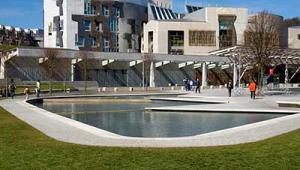Leon Feinstein, director of evidence at the Early Intervention Foundation, said the charity – which was backed by government when it was formed in 2013 – wants the Treasury’s help to improve its estimate of the costs of late intervention.
A report by the foundation in February judged these costs to be £17bn a year, with councils picking up £6.5bn, followed by welfare spending of £3.7bn and £3bn in the NHS.
Feinstein told Public Finance the figures had ‘helped people get around the table to think about how to shift that cost into early intervention’ and that it is now vital that the next government boosts these initiatives.
Early intervention programmes are focused on taking action as soon as possible to help children, young people and families who are suffering from neglect and deprivation to avoid picking up the costs later in life. They are mainly aimed at people aged up to 18, with high-profile examples including Sure Start children’s centres and primary schools that improve children’s social and emotional skills.
‘A key test for us will be in the Spending Review [after the general election] that the Treasury use the numbers to try and find systems reforms as one way of achieving fiscal consolidation, without just salami-slicing,’ said Feinstein. ‘I think we’ve made a case that there’s a lot of activity that is late and is very expensive, and we need to think about how that spending can get shifted.’
He said this should include Whitehall assistance in helping to calculate how much is being spent on addressing the root causes of social problems.
‘An analysis that we need to do, and that we haven’t done yet, is an estimate of early intervention spending,’ Feinstein added. ‘What we’re calling for government and local authorities to do is work with us over the five years of the next parliament to get a measure of early intervention spending, and demonstrate over that parliament a shift from late intervention to early intervention.’












